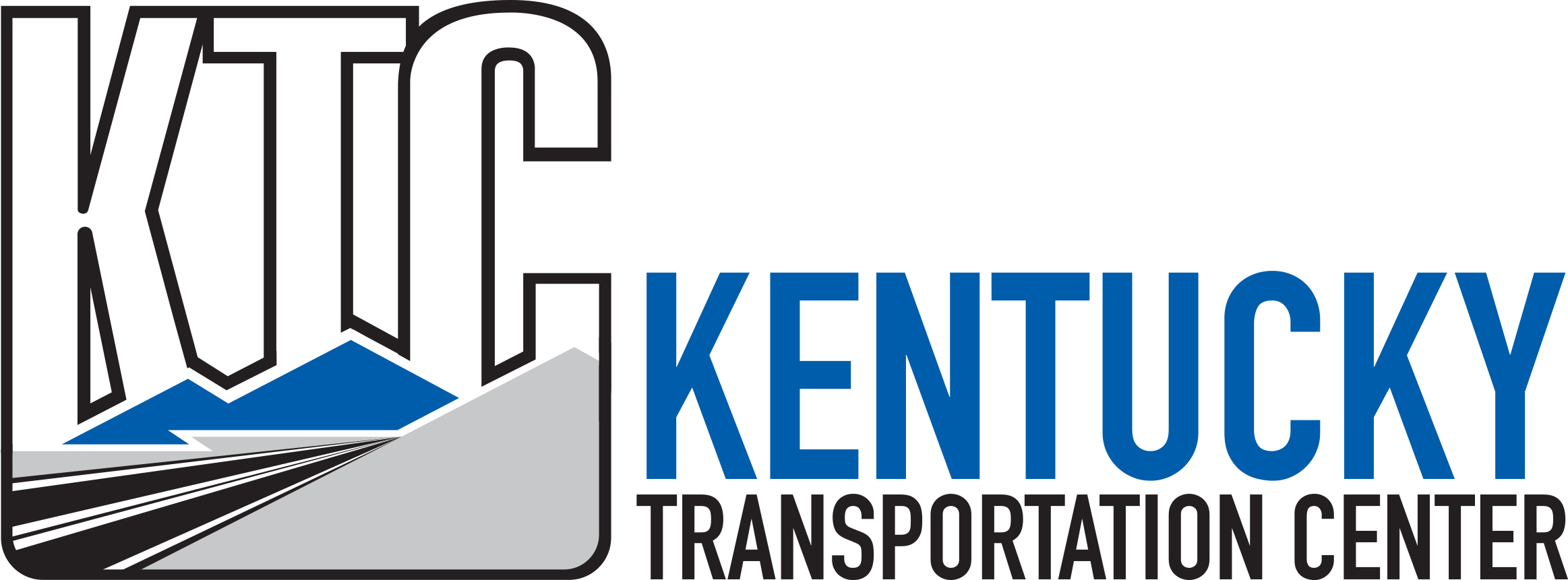Abstract
At the Kentucky Transportation Cabinet’s (KYTC) Department of Highways, project development encompasses all the work activities needed to move a transportation project from concept and project initiation to construction letting. Developing projects efficiently requires the adoption of sound project management practices. And having recourse to validated project development practices is critical for helping KYTC project managers negotiate the variety of tasks and processes leading up to project implementation and delivery. For a project manager to be successful, they must possess a holistic understanding of how the complex interplay of engineering, environmental, and economic issues affect different stages and facets of project development. Without an expansive knowledge of these variables, project managers risk privileging one area over another, which leads to the development of subject-matter silos that impede efforts to develop a big-picture understanding of a project. Although KYTC has a long track record of executing complex transportation projects, doing so is becoming increasingly challenging due to staff attrition and the attendant loss of institutional knowledge. Today, entry- and mid-level project managers have more project development responsibilities than ever but lack a dependable source of guidance they can turn to that will help them champion projects from the development stage and through to completion. Given staffing and budget constraints, it is more important than ever that KYTC project managers be equipped with all the tools necessary to successfully develop and deliver the construction program. As part of this project to develop A Guidebook for Project Development, the research team has reviewed literature on project management organizational structure and state transportation agency (STA) organizational structures, particularly those that have explicit project development and management components.
Report Date
10-2017
Report Number
KTC-TA-17-06/SPR18-562-1F
Digital Object Identifier
https://doi.org/10.13023/ktc.ta.2017.06
Repository Citation
Van Dyke, Christopher; Gibson, Bryan; Jasper, Jeff; and Kreis, Doug, "Review of Project Development Practices and Project Management Resources at State Transportation Agencies" (2017). Kentucky Transportation Center Technical Assistance Report. 8.
https://uknowledge.uky.edu/ktc_technicalassistancereports/8



Notes
© 2017 University of Kentucky, Kentucky Transportation Center
Information may not be used, reproduced, or republished without KTC’s written consent.
The contents of this report reflect the views of the authors, who are responsible for the facts and accuracy of the data presented herein. The contents do not necessarily reflect the official views or policies of the University of Kentucky, the Kentucky Transportation Center, the Kentucky Transportation Cabinet, the United States Department of Transportation, or the Federal Highway Administration. This report does not constitute a standard, specification, or regulation. The inclusion of manufacturer names or trade names is for identification purposes and should not be considered an endorsement.